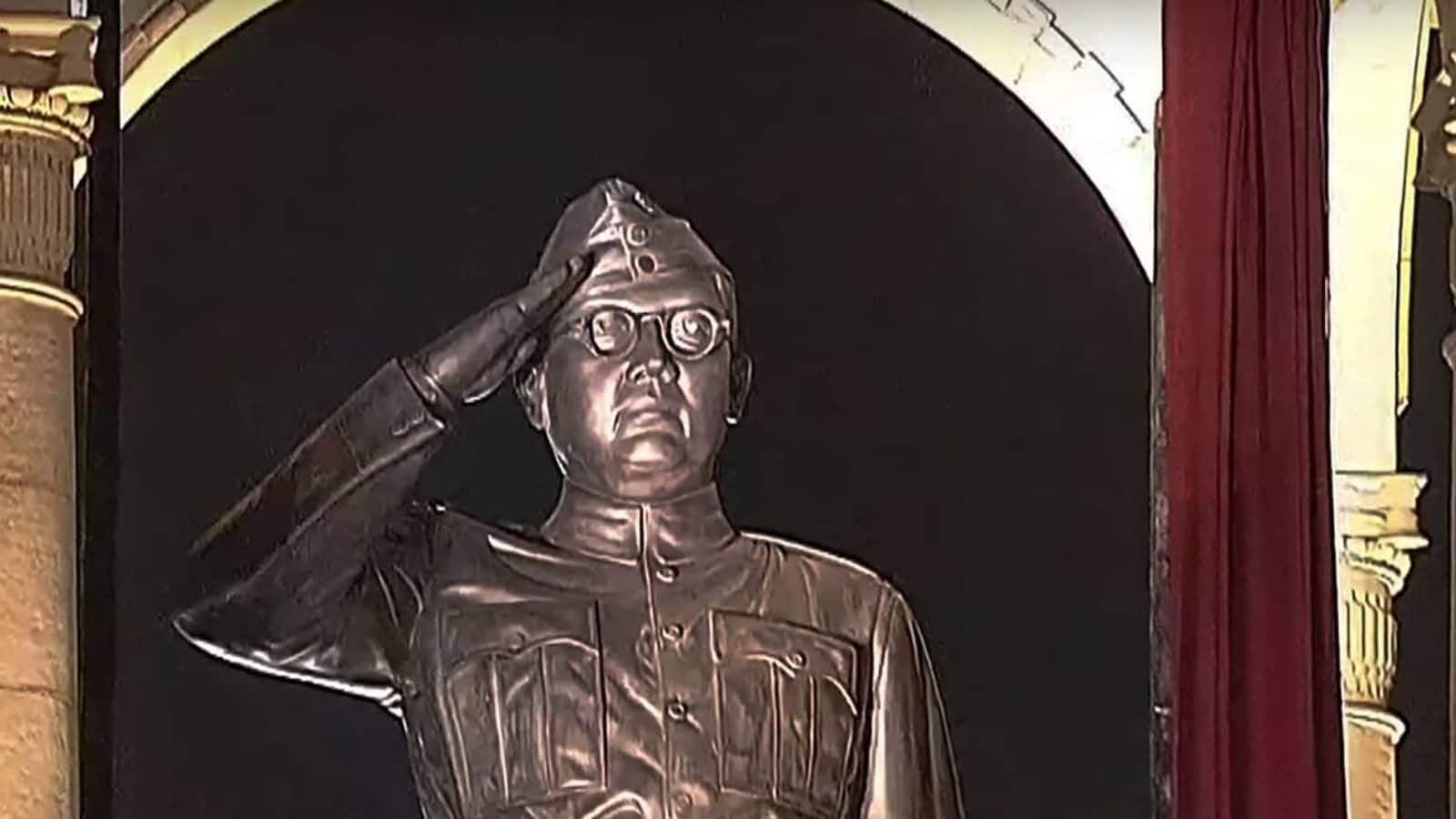Subhas Chandra Bose Birth Anniversary 2023: Remembering Netaji’s Contribution to India’s Freedom Struggle
SUBHAS CHANDRA BOSE JAYANTI 2023: Any talk about India’s fight for freedom cannot be complete without one of the most prominent and important figures of the time, Subhash Chandra Bose. 23 January, 2023 will mark the birth anniversary of the brave freedom fighter and leader. His contributions toward unifying the nation and a fervent following aided Indian magnificently in the path toward freedom.
ALSO READ: Subhas Chandra Bose Jayanti 2023: Best Wishes, Images, Messages, Greetings and Quotes to Share on Parakram Diwas
He excelled both as a leader and fighter on account of his influential talks and speeches. Contrary to the other factions following ideologies of defence, his style was aggressive. The youth were particularly motivated by his active and upfront leadership and thousands followed him.
Here is a breakdown on how he contributed to India’s freedom struggle in different ways and roles.
As A Politician
Despite his attack-style, he was quite the diplomat who often sought allies from various nations. He emerged as a political leader in the 1930s and formed the All-Bengal Young Men’s Conference.
Known in particular for his militant approach to independence and for his push for socialist policies, Bose in 1938 was elected the president of the Indian National Congress and formed a national planning committee, which formulated a policy of broad industrialization.
ALSO READ: ‘Freedom is Not Given, It is Taken’: 10 Iconic Quotes by Netaji Subhas Chandra Bose
However, this did not mesh with the Gandhian economic thought, causing divisions in the party. Bose was re-elected president in 1939, but resigned because of the lack of Gandhi’s support. He founded the Forward Bloc, hoping to rally radical elements, but his designs were hampered because of numerous arrests.
He also worked before and after the Second World War to seek allies across the borders. He particularly tried hard at making Germany and Japan powerful and useful friends of India that would be free from the British Rule.
As A Freedom Fighter
Bose believed it would take military strength to create a free nation and did not agree with Mahatma Gandhi’s less confrontational approach toward independence. With this in mind, he went on to form The Indian National Army (INA) in 1943.
With Japanese assistance and Indian prisoners of war and plantation workers from British Malaya, Singapore, and other parts of Southeast Asia, against British forces, the force was formed in Singapore. He would go on to form his own Azad Hind Government, aided by Japan and Azad Hind Fauj, while he was still in exile.
The INA troops became elemental and showed Indian youth’s military prowess to the British rulers.
As An Advocate For Complete Freedom
At a time when Congress and other leaders were considering India’s freedom to come in phases, Bose advocated for complete and absolute freedom. He was not in favour of Dominion status. His army, Azad Hind Fauj or INA, became elemental in the fight for absolute liberty. Free India, with no control or influence of the British, was Bose’s dream.
As An Influencer To The Masses
The Bose ideology was strong enough to attract thousands of young men and women toward his cause. He did not waste any time in clarifying his stand- it would be offensive, not defensive. He managed to rouse an urgent need for freedom among the masses and created a thirst for a free nation. He was of the mind that any revolution would not be possible with the mobilization of the masses. A few leaders making diplomatic arguments will never be as influential as an entire country rising against the tyranny.
Mobilising The Women
While women freedom fighters were present all across different groups fighting for freedom, Bose put them at the forefront. In later decades, he could be defined as a feminist as he saw no difference between men and women when it came to the fight for freedom. From mass protests to hostile fights, he believed women belonged in every struggle for freedom. He made relentless campaigns in the 20s and 30s to mobilise women to come to the frontlines and succeeded as well.
He called on women to join the Army once he returned to Asia. The Women’s Regiment in 1943 was a 1,000-soldiers strong named as Rani of Jhansi Regiment.
Read all the Latest Lifestyle News here
For all the latest lifestyle News Click Here

